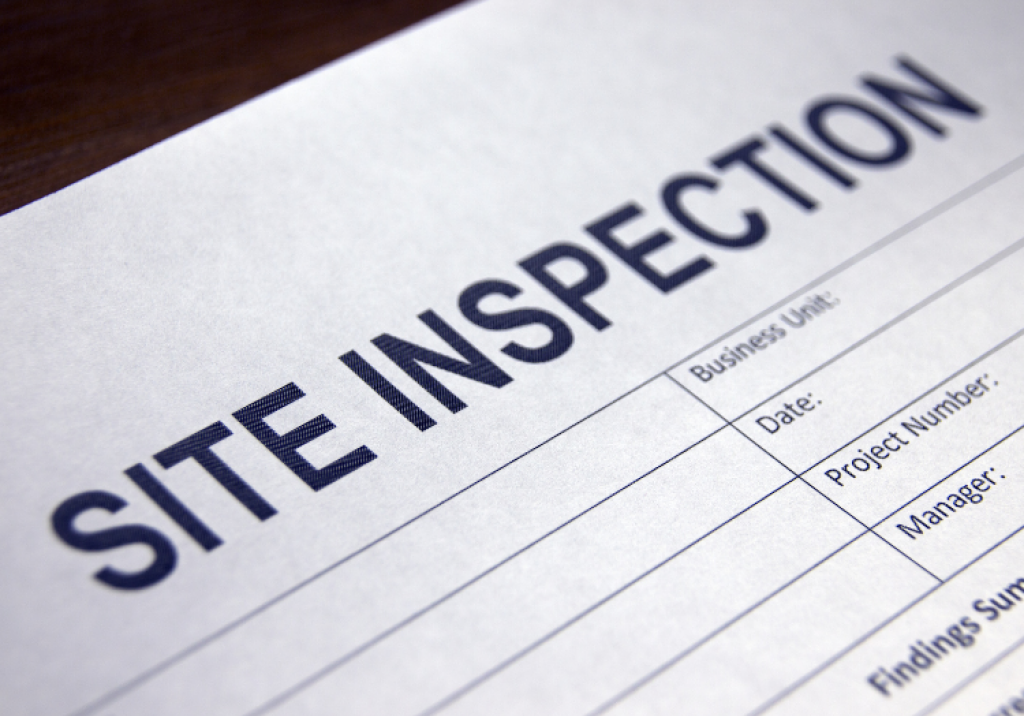Resources
Making solar accessible for all

Why Atma systems pass inspection the first time
Jul 17, 2025
A failed inspection can delay your solar project, cost you extra fees, and leave you in limbo. In this blog, Atma Energy explains why our rigorous engineering and quality control process delivers a 96% first-time inspection pass rate far above industry norms. With insights from our operations team, real customer testimonials, and a behind-the-scenes look at our QA checklist, this post shows how careful preparation saves homeowners time, money, and frustration.

Dealer fees, teaser rates, and “free solar” pitches can all distort the true cost of going solar — unless you know what to look for. In this blog, Atma Energy demystifies solar loan structures and teaches homeowners how to spot the difference between fair financing and inflated debt. With real examples, consumer protection insights, and customer testimonials, this post empowers readers to make smart, informed financing decisions before signing anything.

While many solar companies still rely on door-knocking and cold calls to drive sales, Atma Energy took a different path from day one. This blog unpacks the cultural, ethical, and strategic reasons why Atma refuses to pressure homeowners into solar decisions and how our consent-based approach is reshaping expectations. With customer testimonials, RSA insights, and a clear contrast to industry norms, this post shows how transparency builds trust without ever ringing the doorbell.

While it’s not common practice for lenders to recommend specific solar companies, some still find their way to Atma Energy especially when things go wrong. This blog explores how OEMs, loan providers, and community members refer stranded homeowners to Atma when their original installers vanish. With zero AG complaints, engineered solutions, and a reputation for follow-through, Atma shows that in solar, trust isn’t sold—it’s earned.

From your first energy bill to long-term system monitoring, Atma’s five-tool solar process delivers clarity at every step. This post shows how publicly available design tools, custom proposals, live project tracking, performance verification, and real human support work together to make solar simple, transparent, and trustworthy.

Why OEMs Send Us Their Toughest Customers
Jun 19, 2025
When solar manufacturers like Enphase run into complicated projects, they turn to one name: Atma Energy. In a landscape riddled with failed installs and finger-pointing, this blog shows why technical depth, follow-through, and a service-first mindset earn us the jobs other companies walk away from.